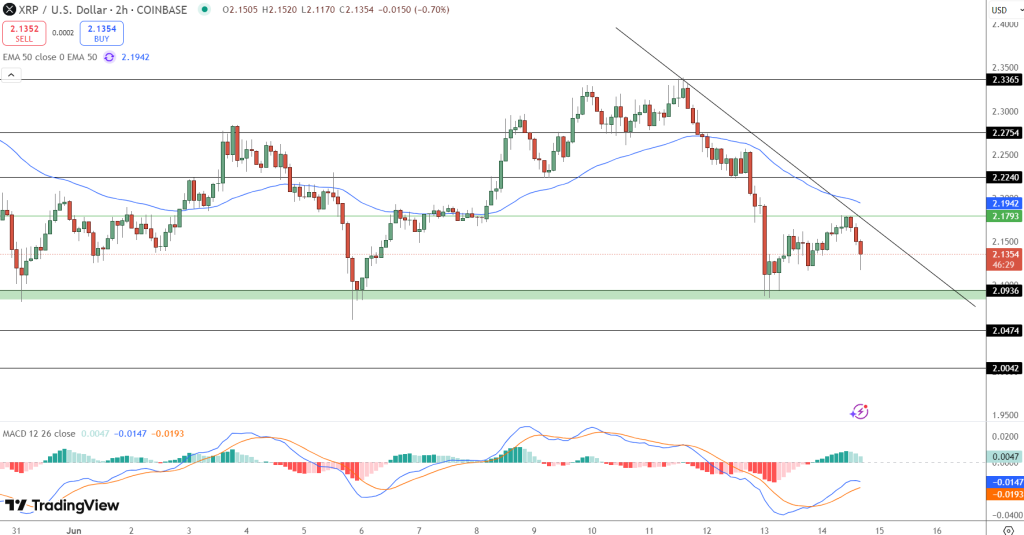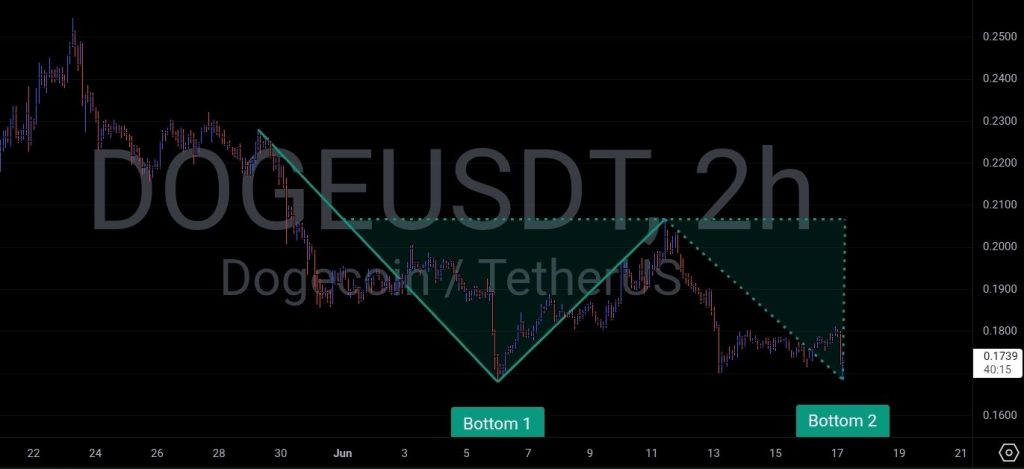Receive free Italian politics updates
We’ll send you a myFT Daily Digest email rounding up the latest Italian politics news every morning.
The former Italian president Giorgio Napolitano, who played a pivotal role in helping to restore market confidence in his country amid the mayhem of the eurozone debt crisis, has died at age of 98.
As head of state, Napolitano helped steer Italy through the collapse of former prime minister Silvio Berlusconi’s final government at the peak of the debt crisis in 2011, when Italy’s severe economic situation threatened the future of European monetary union.
His selection of technocrat Mario Monti, a respected economics professor and a former European commissioner, to lead a grand, national coalition to help confront Italy’s predicament was widely welcomed both by other Eurozone governments and the European Central Bank.
In a statement, Italy’s current president, Sergio Mattarella, praised Napolitano — who started his political career as a member of Italy’s communist party, battling fascism — for fighting for the “peace and progress of Italy and Europe”.
Napolitano “promoted the strengthening of community institutions for an increasingly authoritative and united Europe”, Mattarella said in his condolence message.
Napolitano, who was born in Naples in 1925, spent the early decades of his political career rising through Italy’s Communist party, then the largest in western Europe. Over many years as an elected member of the national parliament, he served as speaker and minister of home affairs, and later held roles in the European parliament and elsewhere within the EU administration.
But it was during his two terms as president, from 2006 to 2015, that Napolitano found his place at the fulcrum of Italian politics, bringing national players together to tackle overwhelming challenges.
After Berlusconi’s 2011 resignation — amid intense market pressure from allies infuriated by his reluctance or inability to undertake necessary market reforms, Napolitano appointed Monti. His choice was warmly welcomed and Italy’s 10-year bond yield fell from nearly 7 per cent at the time to just 2 per cent three years later.
In the wake of his intervention, Napolitano’s personal popularity and credibility was such that, after an inconclusive general election, mainstream parties prevailed on him to remain for a second term as president. This set the precedent that the incumbent Mattarella followed when he also accepted a second term last year.
Napolitano stepped down in 2015, midway through his second mandate, saying that, at 89, he was too old to continue.
Credit: Source link











